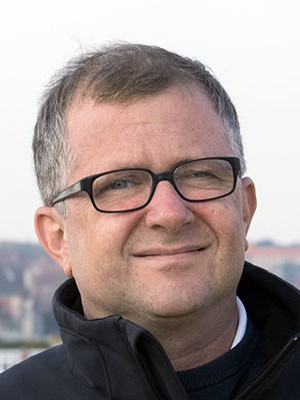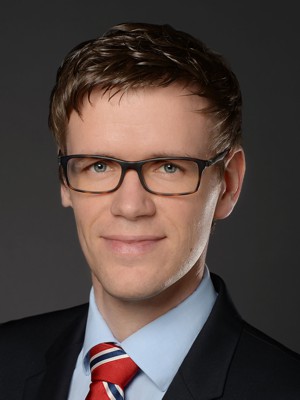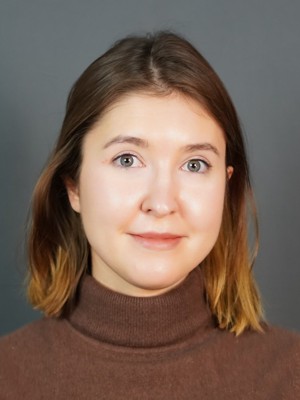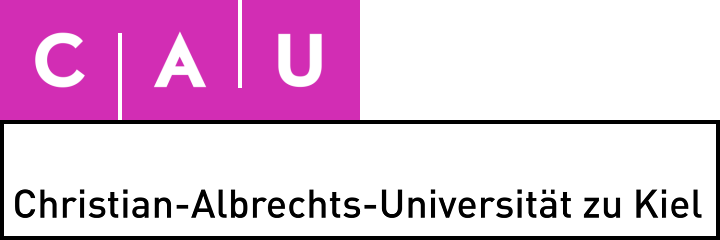Project A10 - Magnetic Noise of Magnetoelectric Sensors

A detailed understanding of the magnetic noise behavior in magnetoelectric (ME) sensor structures is of fundamental interest for the realization of magnetic field sensors with low detection limits. Sensor approaches of the CRC are currently limited in their performance due to magnetic noise issues, which are found to be the dominant noise source. The aim of this project is to identify and quantify the broad spectrum of magnetic noise of the ME sensors developed in the CRC, which will be used for sensor improvement. While the noise regularly originates from various micromagnetic processes, thermo-magnetical noise and magneto-elastic nonlinearities also contribute to the magnetic noise behavior, the ultimate limits of which are not yet understood.
Dedicated experimental characterization, such as magnetometry, time-resolved in-situ magneto-optical magnetic domain response analysis, and electrical noise measurements, will be combined with analytical models, micromagnetic models, a newly developed mesoscale continuum theory, and multiscale simulation methods with the goal of transferring the knowledge about the microscopic noise origins to the full sensor scale. The influence of material and micromagnetics aspects as well as sensor design will be investigated. This will provide the most relevant insights into the noise-influencing magnetic features and will allow us to refine our strategies for noise reduction for the different sensor types and to identify final feasibility limits. The investigations will be conducted together with the magnetic layer design in project A1, the sensor modeling in project A8, and the various sensor concepts in projects A4, A7, and A9. Relevant structural parameters will be investigated together with project A6.
Involved Researchers
| Person | Role | |
|---|---|---|
 |
Prof. Dr. Jeffrey McCord Materials Science Nanoscale Magnetic Materials |
Project lead |
 |
Dr.-Ing. Stephan Wulfinghoff
Materials Science Computational Materials Science |
Project lead |
 |
M.Sc. Christian Dorn Materials Science Computational Materials Science |
Doctoral researcher |
 |
M.Sc. Elizaveta Spetzler Materials Science Nanoscale Magnetic Materials - Magnetic Domains |
Doctoral researcher |
Role within the Collaborative Research Centre
We will collaborate on magnetic film properties and sensor noise with the groups in research area A (A1, A4, A6, A7, A8 and A9), as well as B1 and Z2. The A2 sensor model will be further developed to guide the development process. A10 will especially contribute to the focus group F2 - Modelling, but also to F1 - Magnetic Layers and F3 - Comparison of Sensor Concepts to F5 - Concepts based on Delta-E Effect. Sensor models will be provided to B10. Cooperations with the following projects are foreseen:
| Collaborations | |
|---|---|
| A1 (Magnetostrictive Multilayers for Magnetoelectric Sensors) | General layer preparation, structural characterization, exchange bias model validation, inhomogeneous material property investigation. |
| A2(Mechanically Soft Micro and Macrocomposite for Wearable Devices) | Simulation of the micro and macro composite system in theory and microstructure. |
| A4 (∆E-Effect Sensors) | ΔE sensor preparation/characterization, noise modeling/reduction, model validation. |
| A6 (Microstructure and Structural Change of Magnetoelectric Sensors) | Structural parameter investigation. |
| A7 (Electrically Modulated Magnetoelectric Sensors) | Converse ME sensor preparation/characterization, validation, noise modeling/reduction. |
| A8 (Modelling of Magnetoelectric Sensors) | Exchange of modeling results from different scales. |
| A9 (Surface Acoustic Wave Magnetic Field Sensors) | SAW sensor preparation, sensor characterization, noise modeling/reduction. |
| B1 (Sensor Noise Performance and Analogue System Design) | Compact noise model development. |
| B10 (Magnetoelectric Sensor Systems for Cardiologic Applications) | Include sensor models and findings in forward model. |
| Z1 (MEMS Magnetoelectric Sensor Fabrication) | General sensor preparation. |
| Z2 (Magnetoelectric Sensor Characterization) | Joint sensor characterization (ME properties and noise spectra). |
Project-related Publications
|
|
|
|
|
|
|
|
|
|
|
|
|
|
|
|
|
|
|
|
|
|
|
|
|
|




